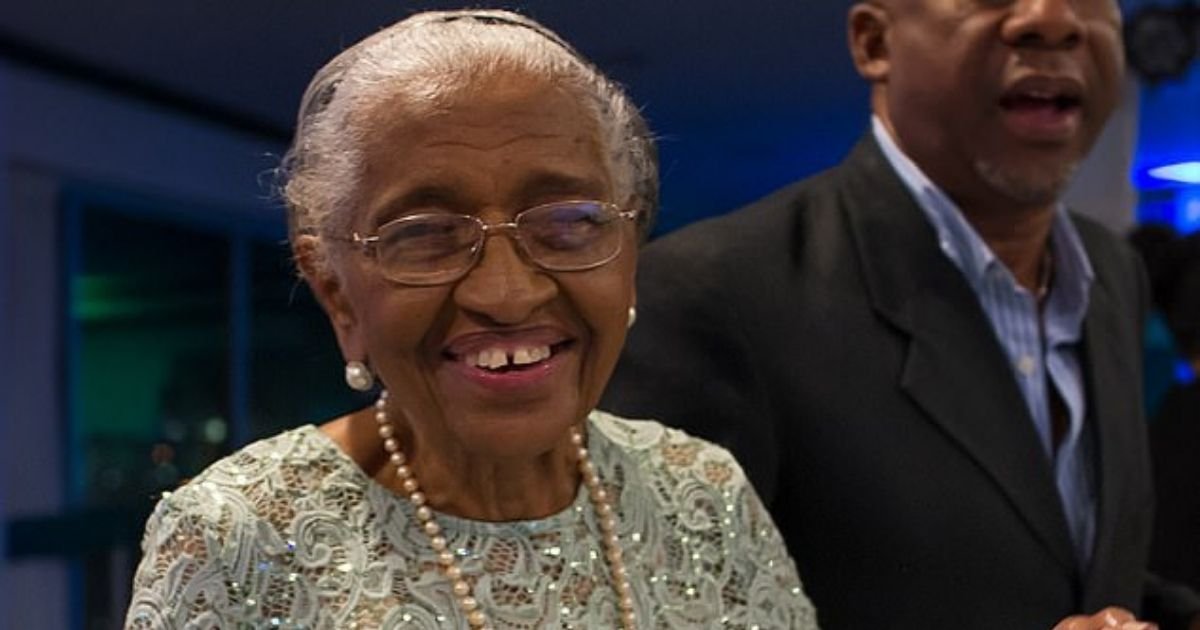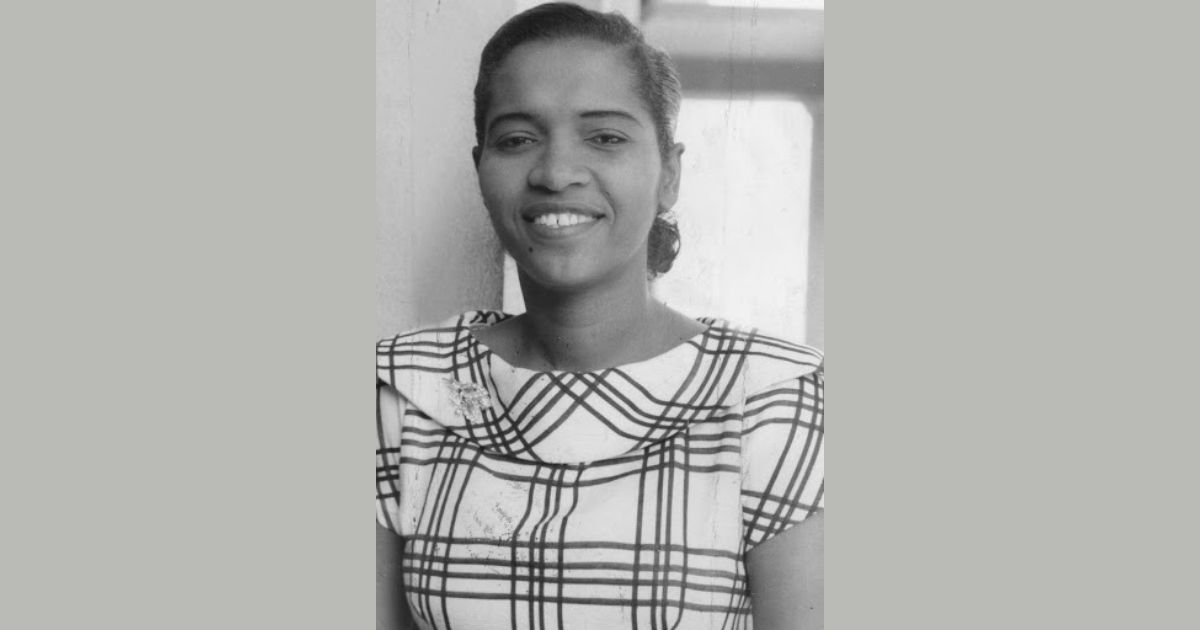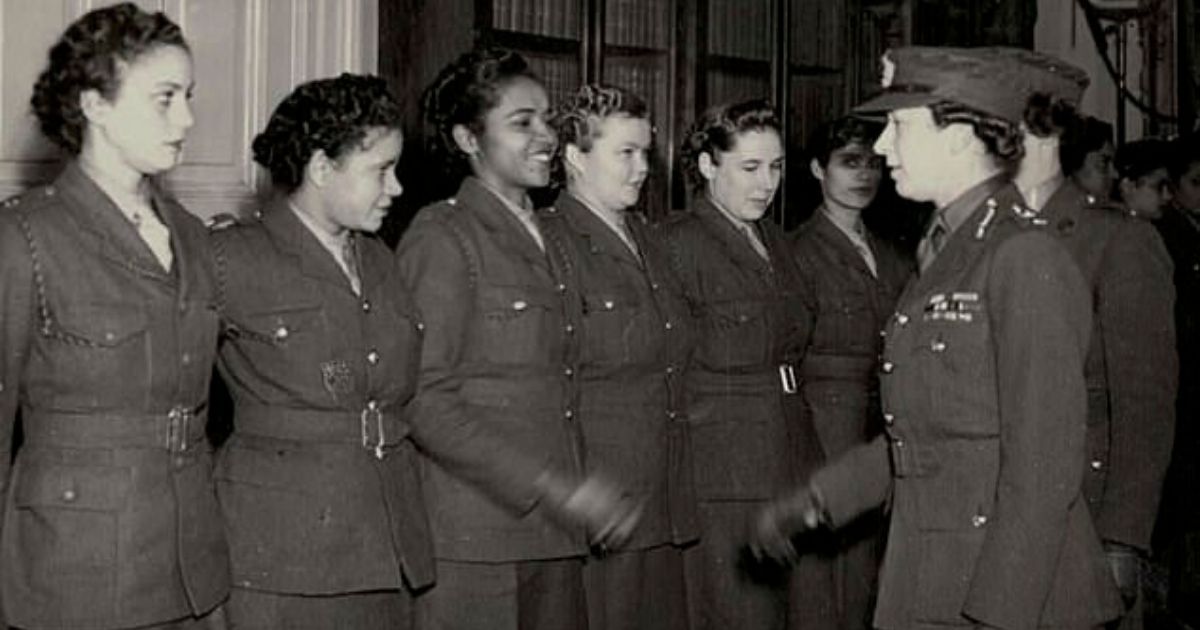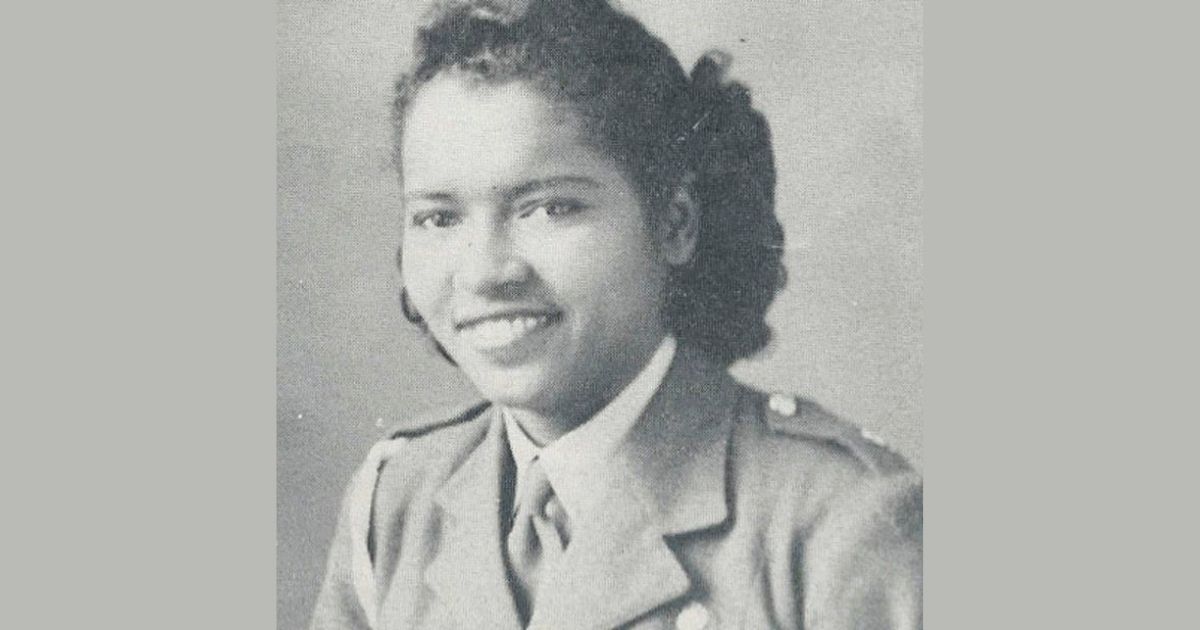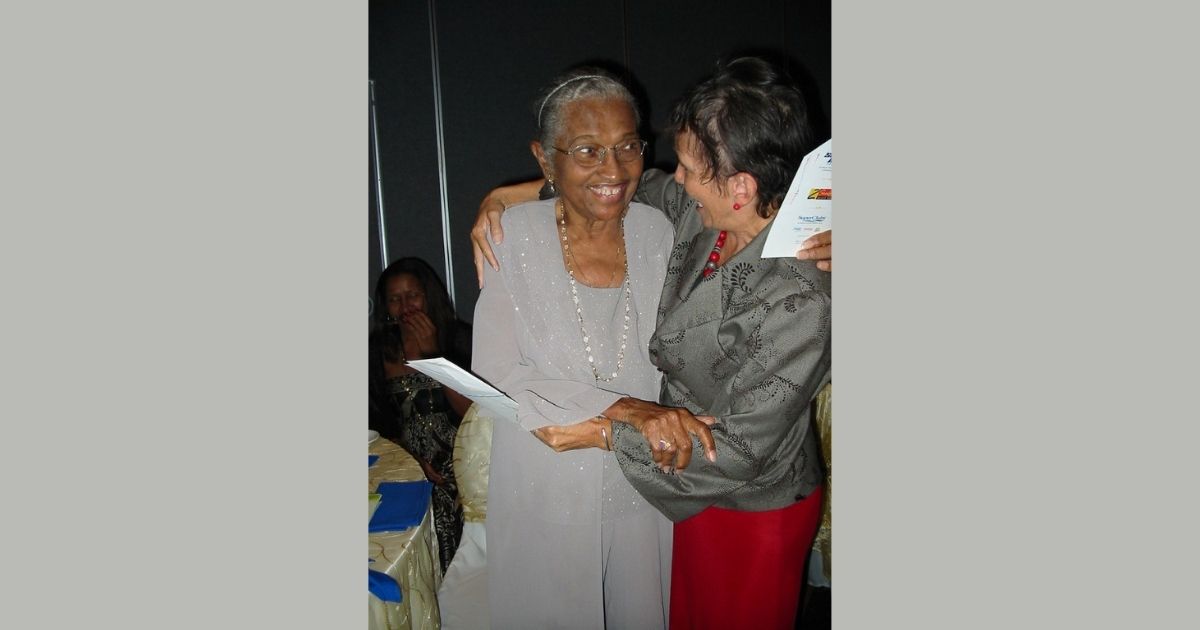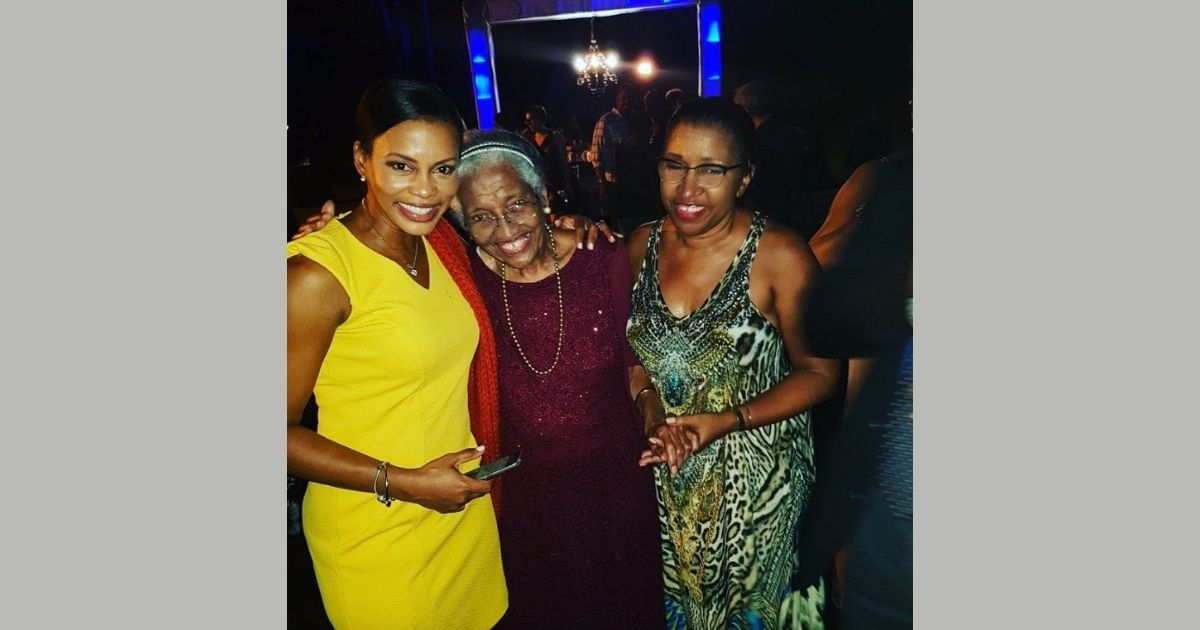Ena Collymore-Woodstock,103, is Britain’s oldest surviving female Second World War veteran – and she fought the top brass to be allowed out from a clerical job to play n important role in defeating the Nazis.
On Sunday, the Mail revealed that Jamaican-born Ena was one of the first women to set sail from the Caribbean to help the Allied effort after answering a recruitment advertisement in 1943, and later on objected to being given a typing job at the War Office.
En arrived in London surviving a torpedo attack on the boat she traveled on, and was given the job because she had worked as a court clerk in Kingston. But after a few weeks, Ena, who was then just 26, wrote an angry letter to Army bosses telling them: ‘I haven’t come all this way just to be stuck behind a typewriter!’
This letter set her on the path to becoming the first black female radar operator defending the coast of Britain with a team of ack-ack girls during 1943 and 1944. She was later on deployed to Belgium, close to enemy lines.
“There weren’t many women in the Army at that time and very few women of color,” the war veteran said. “I wanted to do my part and I felt special. We all knew we were doing things for the first time. I hadn’t joined up just to type and I was very insistent about that.”
“I wanted to be where the action was. I felt British, I was young and single, so why not go and fight? My generation of women were determined to prove we were capable. I helped show what women could achieve despite there being no female role models at the senior level of society at the time,” she added.
After volunteering for the Auxiliary Territorial Service (ATS) Ena was sent with other black female recruits to Guildford, Surrey, where they lived in freezing wooden huts and were trained in military drill.
She then joined an anti-aircraft unit as a radar operator or so-called ‘ack-ack’ girl, plotting the path of incoming enemy planes.
As enemy planes flew over, Ena and her team radioed the command post, which would co-ordinate the gunfire.
The War Office was against the recruitment of women from the Caribbean on grounds of race and the suggestion they would find it difficult to adapt to the British climate and culture. But by 1943 the War Office relented and the first recruits began to arrive, according to the National Army Museum.
There are thought to have been about 600 female volunteers from the Caribbean, unfortunately, many faced racism and sexism.
Ena, who was born in 1917 and had lost both parents to illness by the time she was a teenager, said she never encountered racism first-hand and was treated kindly by a lady who shared her surname and had spotted her in the local paper.
“That Christmas, when the ATS camp was closed and there were water shortages, she invited me to stay,” she said.
After the second world war, she broke more boundaries by training to become a barrister at London’s Gray’s Inn and embarking on a legal career for forty years. She also became the first woman to hold a judicial office in Jamaica as a magistrate.
Ena was awarded an MBE in 1967 for her work with the Girl Guides and married Victor Woodstock, a civil servant in 1951, and had two daughters and a son. She now mainly lives in Barbados. Her story emerged during a campaign by the Women’s Royal Army Corps Association to honor the nation’s oldest veterans.


